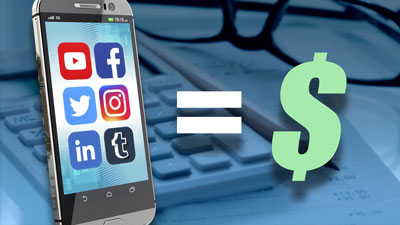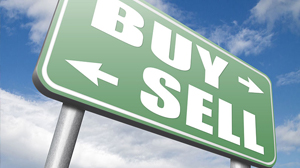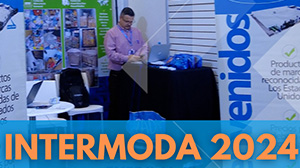Finding a reputable wholesale liquidator to work with can be a daunting task; there are hundreds of companies out there advertising all kinds of products but you may have heard a story or two that makes you leery of working with such companies. There are steps you can take to qualify the liquidation companies you find to determine if they are a good company to source from.
1. Do your research
Don’t be fooled by a beautiful website with lots of pretty colors but no substance. Dig deep and get to the core of what the company is about and find out about the reputation they have in the industry. How long have they been in business? Do they provide a company profile or history on their website? Are they members of the Better Business Bureau and what rating do they have?
Once you find a supplier that looks attractive to you either for the products or service they offer, Google the company name and see what comes up. Do you find helpful resources and information about the company? Or do you find a particularly high number of complaints and scam reports about them?
Take the time to do your reading. Keep in mind that it is nearly impossible to satisfy 100% of customers so if you do come across one or two poor reviews, don’t throw in the towel just yet. Look at the other factors like the company’s growth, the information or resources they provide on their website, what people say about them on forums and blogs, and whether they are listed with the major wholesale search engines like www.toptenwholesale.com and www.wholesalcentral.com
2. Buy from the source
In the liquidation industry, brokering merchandise is very common. Companies set up websites to sell other larger companies’ products. This results in many companies listing the exact same lots in several places on the Internet. While it is okay to purchase from brokers, it’s better to go straight to the source. How do you know if the company you are looking at is a broker? Brokers generally do not have their own warehouses or spaces. They do not own, see or touch the merchandise they sell. It gets drop-shipped straight from the supplier to the end reseller.
Does the company provide actual photographs or videos of their warehouse and operations? Do they list a phone number, email address and physical address? If you see a physical address on their site, Google it and use the “satellite” function to zoom in on the location. Does it look like an apartment building or a residence? Or does it look like a warehouse space?
If they do not list an address at all, consider that they might be “online only,” and thus not in possession of the merchandise they are selling. This makes it difficult for them to accurately describe it to you and difficult for you to make sure the goods will be right for your business.
3. What kind of service they provide?
Read their website and look for an invitation to contact them. Do they have contact forms? A phone number and email address listed? Do they encourage prospective buyers to contact them before buying? Do they provide many customer testimonials on their website?
Whenever possible, make contact with the company before you place an order. Make sure there are real people behind it so that you have someone to turn to if there is ever any kind of problem with an order you place. Customer service should be a priority for any supplier you work with.
4. Take note of their accepted payment methods
Most reliable, reputable suppliers will make it as easy as possible for their customers to purchase: they will make multiple payment methods available to you like credit card, PayPal, wire transfer, money orders, etc. Be wary of suppliers who require payment by wire transfer in 100% of cases. Paying for your purchases by Credit Card or PayPal gives you recourse in case a supplier does not deliver the merchandise. When you do wire money, make sure you’ve established a trusting relationship with a company as some dishonest suppliers may cash in on your wire and never deliver the goods. Although this is fairly rare, it does happen. Paying by Credit Card or PayPal (even though it occasionally means paying a 3-5% service charge), may avoid headaches in the future. Note that some companies only accept wire transfers for large amounts until a relationship of trust is established with their customers – this goes both ways. Do be flexible, but be vigilant as well. Do your research and know where your money is going.
5. Whenever possible, try to visit your suppliers
Seeing their physical operation and meeting them in person can enhance your understanding of the product and can enhance your working relationship with the account managers you deal with regularly. Many companies exhibit at liquidation and wholesale industry trade shows. If you can’t visit them at their locations, consider attending an industry trade show. Not only will you get to meet your suppliers face to face, but you’ll be in a room with thousands of other companies and may very well find additional suppliers while you’re there.
6. Be realistic in your expectations
Many people who start out in the business of buying merchandise for the purpose of reselling it expect to at least double their money on every lot they purchase. This is simply unrealistic when dealing with liquidated goods. While it CAN happen, there is a learning curve and you need to allow for a little margin of error. When you find a supplier you’ll be working with for the first time, start small, test the waters and build your way up.









